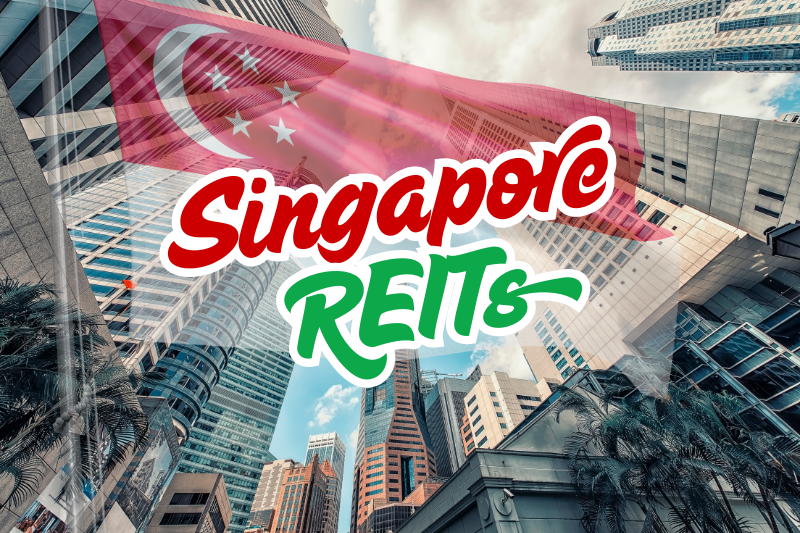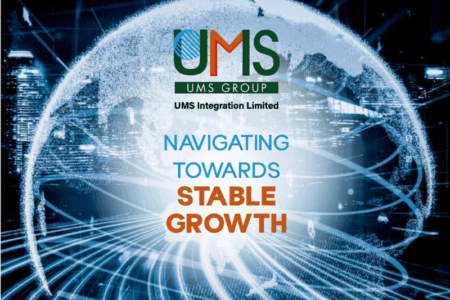REITs are a well-known asset class favoured by income investors.
The sector is known for its steady and dependable distributions that are the hallmark of a predictable passive income stream.
But what makes REITs more attractive than, say, investing in a physical property?
After all, investment properties are popular in Singapore and are touted by property agents as providing steady capital appreciation and good rental yield.
So, what makes Singapore REITs more attractive than owning a piece of real estate? Here are three key advantages that you need to know.
Tax-exempt income
First and most importantly, the distributions that you receive from REITs are tax-exempt in the hands of the unitholder.
This means that these distributions need not be included in your tax computation, similar to the dividends received from non-REIT companies.
Contrast this with the rental income that you receive from owning an investment property.
This rental income needs to be added to your total chargeable income for the year to calculate your tax payable.
As REIT distributions are not subject to taxation, you can easily build up a growing stream of dividend income for your retirement.
Diversification
Physical properties have hefty price tags, with the average two-bedroom condominium unit costing more than S$1 million.
Because of these high prices, most investors have to settle for just one investment property as they need to take out a loan to purchase the unit.
And when it’s time to rent out the property, you are banking on just one location to help you secure a tenant.
REITs, on the other hand, own a portfolio of properties that can provide you with much-needed diversification.
REITs also provide you with access to properties that you normally cannot easily buy in the open market, such as industrial properties, hotels, and data centres.
For instance, Frasers Centrepoint Trust (SGX: J69U) owns a portfolio of nine suburban retail malls in Singapore.
By owning a piece of this retail REIT, you gain exposure to malls that are located all over Singapore.
There are also diversified REITs that allow you to own more than one property sub-category.
Lendlease Global Commercial REIT (SGX: JYEU) owns both retail properties in Singapore and commercial properties in Milan, Italy.
By purchasing a variety of REITs in different sectors, you can easily diversify your real estate exposure beyond the residential property space.
Easy to buy units and liquid
A third key advantage of REITs is that they are securitised and listed on a stock exchange, making them very easy to buy and sell.
With the REIT being split into units, an investor only needs to fork out a small amount of money to purchase the minimum 100 units of a REIT.
For investment property, the sums are typically in the hundreds of thousands of dollars that you need to pay for the down payment, not to mention the associated stamp duties, legal fees, and agent fees.
Take CapitaLand Integrated Commercial Trust (SGX: C38U) as an example.
At S$2.17, you only need to pay S$217 to own 100 units of the retail and commercial REIT.
For Parkway Life REIT (SGX: C2PU), an investor needs around S$400 to buy 100 units of this healthcare REIT.
This affordability makes REITs an attractive investment choice as you can slowly allocate capital to buying them, and need not commit a huge sum like you would for an investment property purchase.
Not only are REITs affordable, but they also offer liquidity as their units are easily tradable on the stock market.
Anyone who has tried to sell an investment property knows how much hassle the process involves.
You need to advertise your property, appoint an agent, and then allow buyers to view the property before the transaction is agreed upon.
Even after the sales agreement is signed, time is needed to transfer the title deed and to ensure all documents are in order before the proceeds from the sale flow into your bank account.
REITs, on the other hand, allow you to easily transact, with the proceeds from the sale arriving in your bank account in just two working days.
No hassle and no fuss – that’s the advantage of investing in REITs versus physical properties.
Compounding your distributions
There is an added bonus to REIT investing, and that is the ability to easily compound your dividends to generate even more cash flow.
For an investment property, the rental income you receive is just that – you cannot pump it back into the property to generate higher rental income.
REITs, on the other hand, offer this attractive option.
Armed with the dividends you receive from your REITs, you can use the money to buy even more REITs.
By doing so, you will increase the quantum of dividends you receive the next time the REIT declares a distribution, all things being equal.
This compounding can be a very powerful force in growing your wealth and is yet another advantage of REIT investing.
First-time investors: We’ve finally released our beginner’s guide to investing. Read it in an afternoon, follow the principles, pick an investing style and buy your first SGX stocks within the next few hours! Click here to download it for free.
Follow us on Facebook, Instagram and Telegram for the latest investing news and analyses!
Disclosure: Royston Yang does not own shares in any of the companies mentioned.





